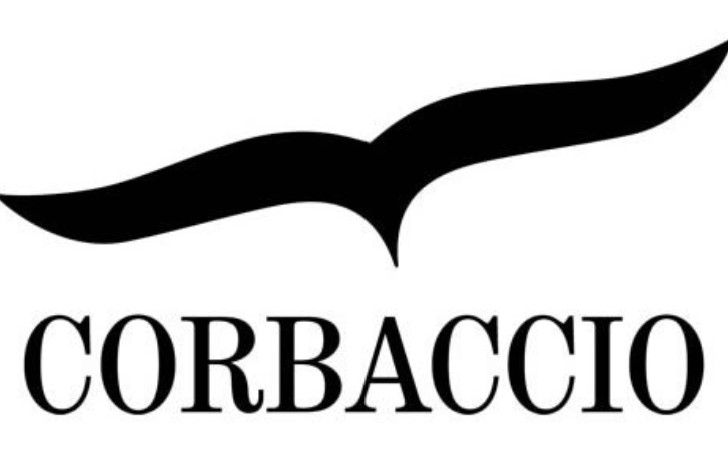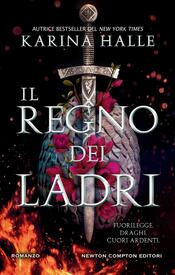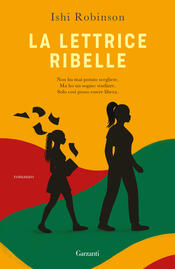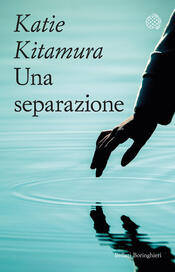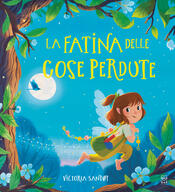

Sinossi
Le forze dell'Asse hanno vinto la seconda guerra mondiale e l'America è divisa in due parti, l'una asservita al Reich, l'altra ai Giapponesi. Sul resto del mondo incombe una realtà da incubo: il credo della superiorità razziale ariana è dilagato a tal punto da togliere ogni volontà o possibilità di riscatto. L'Africa è ridotta a un deserto, vittima di una soluzione radicale di sterminio, mentre in Europa l'Italia ha preso le briciole e i Nazisti dalle loro rampe di lancio si preparano a inviare razzi su Marte e bombe atomiche sul Giappone. Sulla costa occidentale degli Stati Uniti i Giapponesi sono ossessionati dagli oggetti del folklore e della cultura americana, e tutto sembra ruotare intorno a due libri: il millenario I Ching, l'oracolo della saggezza cinese, e il bestseller del momento, vietato in tutti i Paesi del Reich, un testo secondo il quale l'Asse sarebbe stato in realtà sconfitto dagli Alleati. Introduzione di Carlo Pagetti. Postfazione di Luigi Bruti Liberati.
- ISBN:
- Casa Editrice:
- Pagine: 318
- Data di uscita: 31-08-2017
Recensioni
On Wednesday I found myself at a party (an occurrence itself worthy of remark) at which everyone wore "I'm currently reading..." stickers, so I had several opportunities to explain why I was loving The Man in the High Castle . One such conversation went like this: "So what's that about?" "Well, it's sc Leggi tutto
3 1/2 stars Scientifically and politically, this is absolute genius. The way Philip K. Dick masterfully rewrites history and portrays this alternate United States is quite incredible and I can easily see why the guy has such a huge following. That being said, while this novel is undeniably clever, I Leggi tutto
[Original review, Feb 22 2016] DISCLAIMER: It would evidently be irresponsible to call Donald Trump a Nazi merely on the strength of a recent speech in which he suggested it would be desirable to shoot Muslims using bullets dipped in pig's blood. A more plausible interpretation is that this is no mor Leggi tutto
Dick, did you really just wasted a perfect plot by endlessly driveling about pseudo philosophical deeper meaning of art while being unable to establish other plotlines, any major action, suspense, believable characters with comprehensible motivations to let the mess culminate, again, in just ending
“They want to be the agents, not the victims, of history. They identify with God's power and believe they are godlike. That is their basic madness. They are overcome by some archtype; their egos have expanded psychotically so that they cannot tell where they begin and the godhead leaves off. It is n Leggi tutto
"We do not have the ideal world, such as we would like, where morality is easy because cognition is easy. Where one can do no right with no effort because he can detect the obvious." A few years ago, I watched the first season-ish of the TV show adaptation of this book. Here is what I remember: - scar Leggi tutto
Fans of Philip K. Dick and science fiction might be underwhelmed by The Man in the High Castle since, other than passing mention of cross continental rocket ship travel and a German exploration of Mars, there really isn’t any science fiction or signature PKD craziness or large-scale action; rather, Leggi tutto
Hermann Göring, the second most powerful man in Nazi Germany after Hitler, fancied himself an art collector and scoured Europe to acquire masterpieces. In 1945, his collection was seized by the Allies while he was on trial at Nuremberg. Among many other works of art, they found The Supper at Emmaus , Leggi tutto
The Man in the High Castle is what I like to call a great ideas book, a book that has a brilliantly intelligent idea but is delivered with all the excitement of a potato. It’s dull. And there’s no getting round that. The characters are boring, and they have boring little lives that I don’t care abou Leggi tutto
Citazioni
Al momento non ci sono citazioni, inserisci tu la prima!

